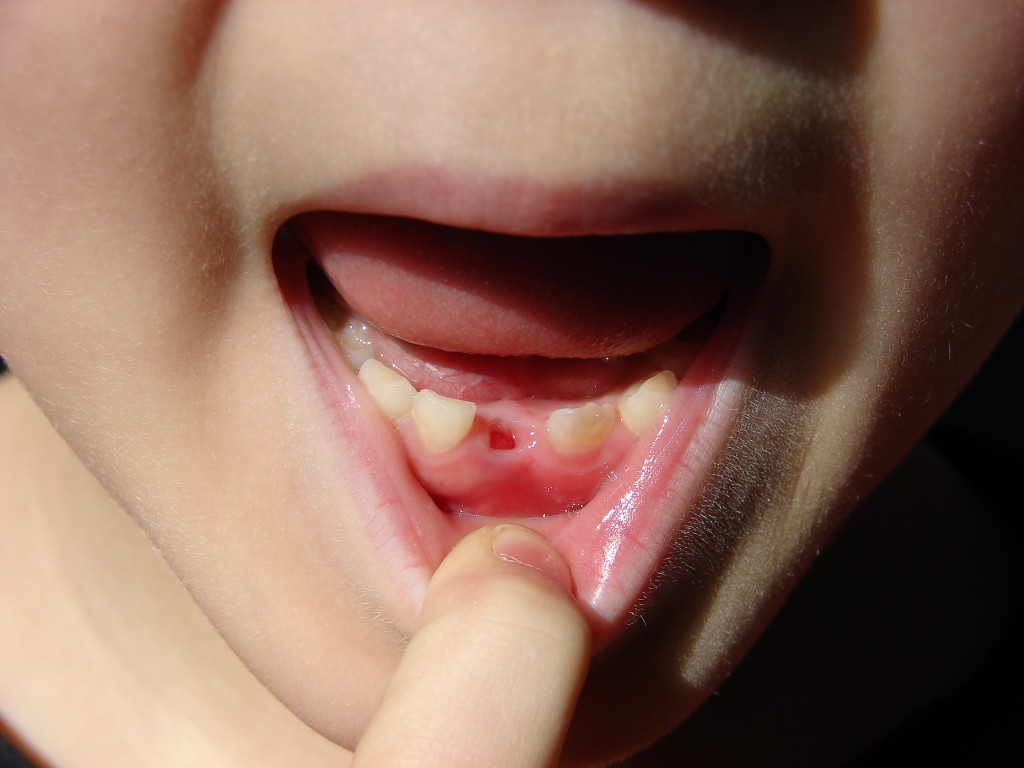It?s common practice for those participating in contact sport to protect themselves against injury. Helmets, pads and shin guards are immediately reached for when looking for protection, but what about the humble mouthguard?
Why do I need a mouthguard?
With dental injuries being the most common orofacial injury in sports, oral protection should be a primary concern. It?s estimated that over three million teeth get knocked out every year during contact sports. Not only this but there are also a number of issues that can be caused by failing to wear a protective mouthguard. A mouthguard can prevent against tooth and jaw fractures, tooth displacement and even soft tissue injuries. A heavy impact, rough contact or a forceful blow to the face can easily result in any of these injuries.
Dental, mouth and tooth injuries can cause a great deal of grief, not only physically but financially too. The expense of purchasing and fitting a mouth guard pales in comparison to the expenses you would incur without one. Dental repairs due to physical trauma can be costly and lengthy affairs; some injuries you may never fully recover from.
How mouthguards work?
As mouthguards work by absorbing the shock of an impact, they help detract potentially damaging force from the face and mouth. Mouthguards provide a protective casing for your upper teeth, not only protecting them but also providing cushioning for the surrounding teeth and gum. Mouthguards provide complete mouth protection giving you the confidence to continue playing.
Mouthguards are easy to maintain and require little to no maintenance. Simply rinsing your mouthguard with water before and after use and storing it in a dry and rigid box will help maintain its shape and structure. The protection a mouthguard provides is solely reliant upon the fit, and as such a mouthguard?s fit should be monitored and self assessed every 12 months. If a mouthguard no longer fits it will not provide you with complete protection and will need to be replaced.
When to wear a mouthguard?
Mouthguards should be worn for all contact sports and any sport that carries a risk of facial injuries. These include and but are not limited to hockey, soccer, AFL, baseball, netball, water polo, lacrosse and boxing. Mouthguards should be worn at all times during match play and training.
In order to receive the complete protective benefits of a mouthguard it is recommended you have your mouthguard made and fitted by a professional. The Australian Dental Association (ADA) recommends that only a professionally custom-fitted mouthguard should be worn. Linkin Denture?s specialise in this service offering professionally fitted mouthguards that provide the protection needed.

